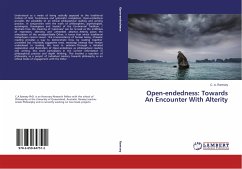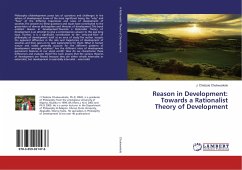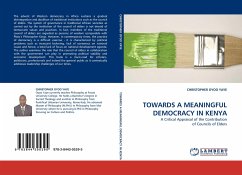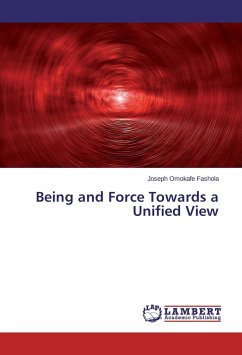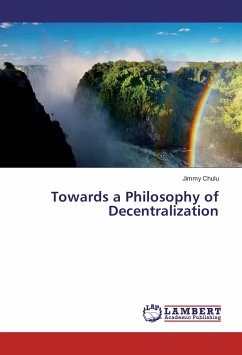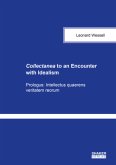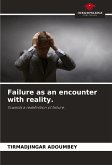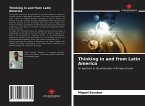Understood as a mode of being radically opposed to the traditional notions of limit, foreclosure and systematic completion, Open-endedness provides the possibility of an ethical philosophical reading and writing practice. In conjunction with the work of philosophers, psychologists, sociologists, theologians and 'mystics' of the Continental Tradition, I illustrate how the meaning of "openness" can be re-read as the antithesis of repression, silencing and unheeded absence. Alterity poses the articulation of the unobjectifiable Other; it traces that which traditional metaphysics cannot reveal - the transcendence of human being. Chiasmic reading provides a way to demonstrate how, by reading together unrelated but intuitively suggestive texts, meanings emerge that remain undisclosed in reading the texts in isolation. Through a detailed explanation and illustration of Open-endedness as philosophical reading and writing, this work participates in the current reformation in philosophicalpractice and depth thinking. This involves a rejection of philosophy as a project of individual mastery towards philosophy as an ethical mode of engagement with the Other
Bitte wählen Sie Ihr Anliegen aus.
Rechnungen
Retourenschein anfordern
Bestellstatus
Storno

